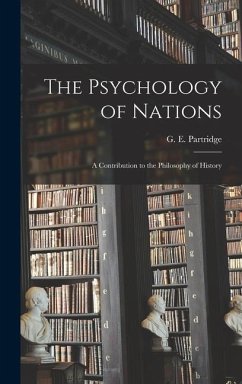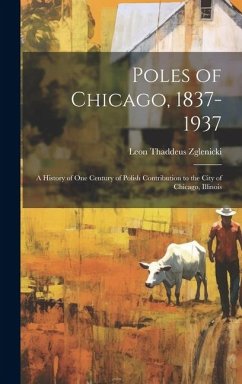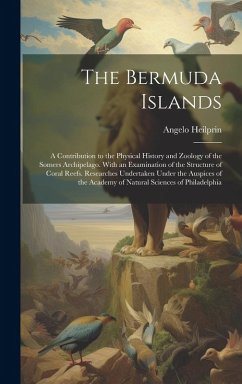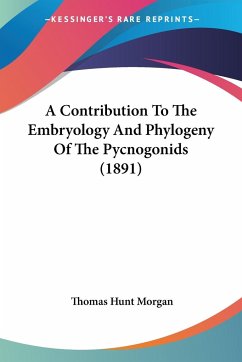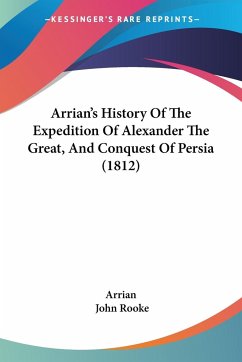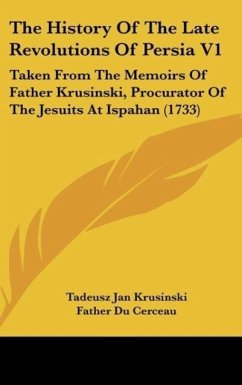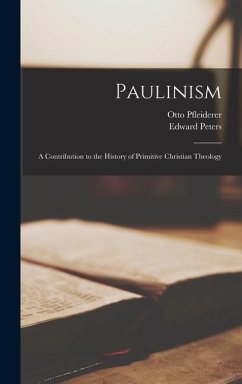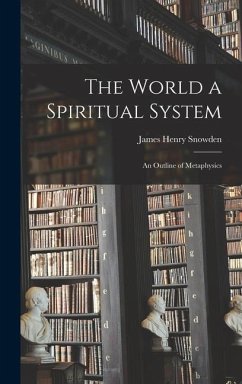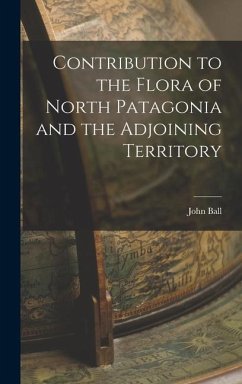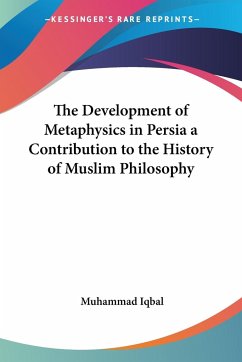
Muhammad Iqbal
Broschiertes Buch
The Development of Metaphysics in Persia a Contribution to the History of Muslim Philosophy
Versandkostenfrei!
Versandfertig in 1-2 Wochen

PAYBACK Punkte
8 °P sammeln!




This scarce antiquarian book is a facsimile reprint of the original. Due to its age, it may contain imperfections such as marks, notations, marginalia and flawed pages. Because we believe this work is culturally important, we have made it available as part of our commitment for protecting, preserving, and promoting the world's literature in affordable, high quality, modern editions that are true to the original work.
Sir Muhammad Iqbal Kt (Urdu: ¿¿¿¿ ¿¿¿¿¿; 9 November 1877 - 21 April 1938), was a South Asian Muslim writer, philosopher, and politician, whose poetry in the Urdu language is considered among the greatest of the twentieth century, and whose vision of a cultural and political ideal for the Muslims of British-ruled India was to animate the impulse for Pakistan. He is commonly referred to by the honorific Allama (from Persian: ¿¿¿¿¿, romanized: ¿all¿ma, lit.¿'very knowing, most learned').Born and raised in Sialkot, Punjab in an ethnic Kashmiri Muslim family, Iqbal completed his B.A. and M.A. at the Government College Lahore. He taught Arabic at the Oriental College, Lahore from 1899 until 1903. During this time, he wrote prolifically. Among the Urdu poems from this time that remain popular are Parinde ki faryad (A bird's prayer), an early meditation on animal rights, and Tarana-e-Hindi (The Song of India) a patriotic poem-both poems composed for children. In 1905, he left for further studies in Europe, first to England, where he completed a second B.A. at Trinity College, Cambridge and was subsequently called to the bar at Lincoln's Inn, and then to Germany, where he received a Ph.D. in philosophy at the University of Munich. After returning to Lahore in 1908, he established a law practice but concentrated on writing scholarly works on politics, economics, history, philosophy, and religion. He is best known for his poetic works, including Asrar-e-Khudi - after whose publication he was awarded a knighthood, Rumuz-e-Bekhudi, and the Bang-e-Dara. In Iran, where he is known as Iqb¿l-e L¿hor¿ (Iqbal of Lahore), he is highly regarded for his Persian works.Iqbal was a strong proponent of the political and spiritual revival of Islamic civilisation across the world, but in particular in South Asia; a series of lectures he delivered to this effect were published as The Reconstruction of Religious Thought in Islam. Iqbal was elected to the Punjab Legislative Council in 1927 and held a number of positions in the All India Muslim League. In his 1930 presidential address at the League's annual meeting in Allahabad, he formulated a political framework for Muslims in British-ruled India. Iqbal died in 1938. After the creation of Pakistan in 1947, he was named the national poet there. He is also known as the "Hakeem-ul-Ummat" ("The Sage of the Ummah") and the "Mufakkir-e-Pakistan" ("The Thinker of Pakistan"). The anniversary of his birth (Yom-e Wel¿dat-e Müammad Iqb¿l), 9 November, used to be a public holiday in Pakistan until 2018. Abul Hasan Ali Hasani Nadwi wrote Glory of Iqbal to introduce him to the Arab world.
Produktdetails
- Verlag: Kessinger Publishing, LLC
- Seitenzahl: 172
- Erscheinungstermin: 11. Januar 2005
- Englisch
- Abmessung: 229mm x 152mm x 10mm
- Gewicht: 259g
- ISBN-13: 9780766191884
- ISBN-10: 0766191885
- Artikelnr.: 21168071
Herstellerkennzeichnung
Libri GmbH
Europaallee 1
36244 Bad Hersfeld
gpsr@libri.de
Für dieses Produkt wurde noch keine Bewertung abgegeben. Wir würden uns sehr freuen, wenn du die erste Bewertung schreibst!
Eine Bewertung schreiben
Eine Bewertung schreiben
Andere Kunden interessierten sich für


